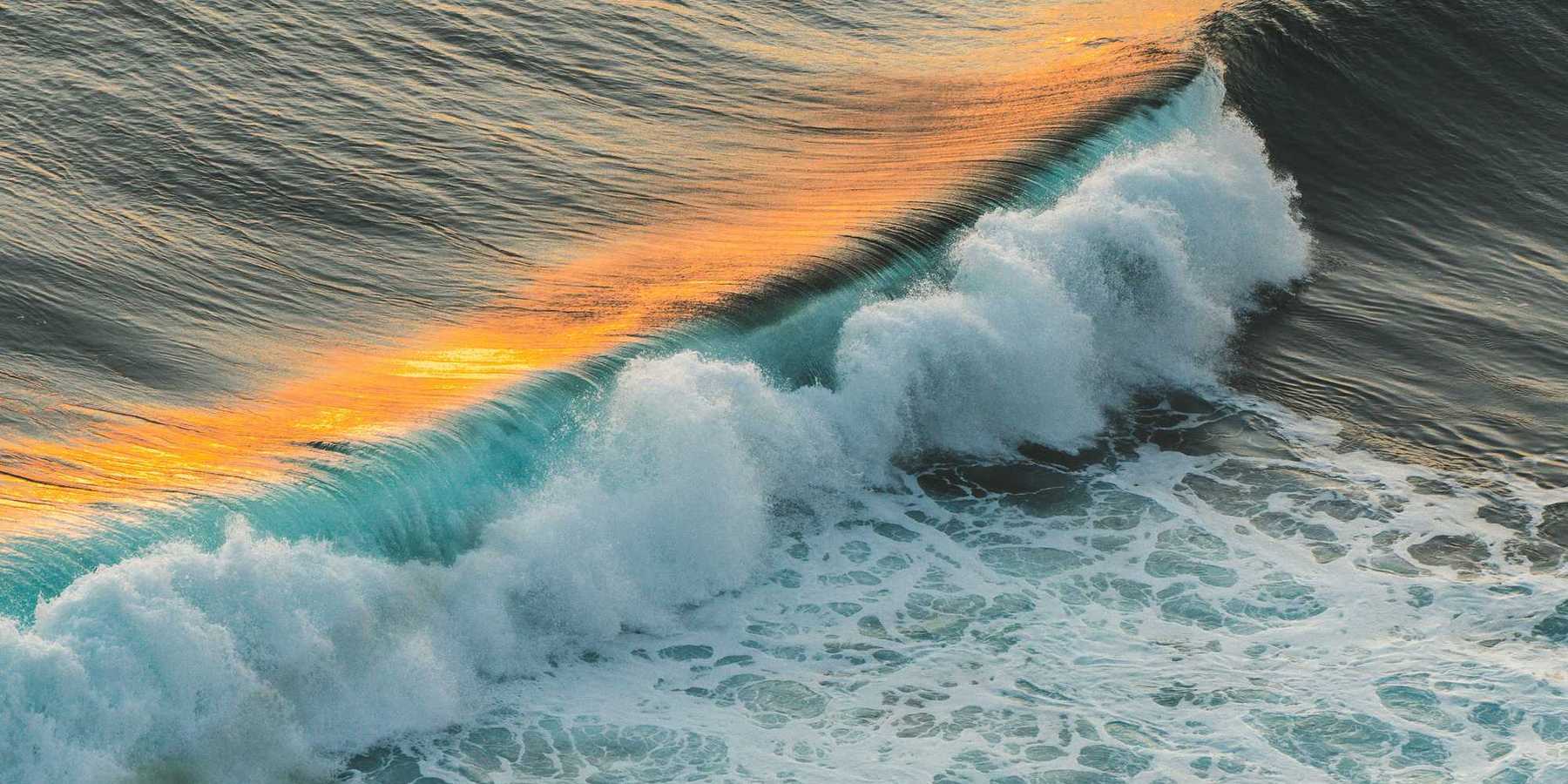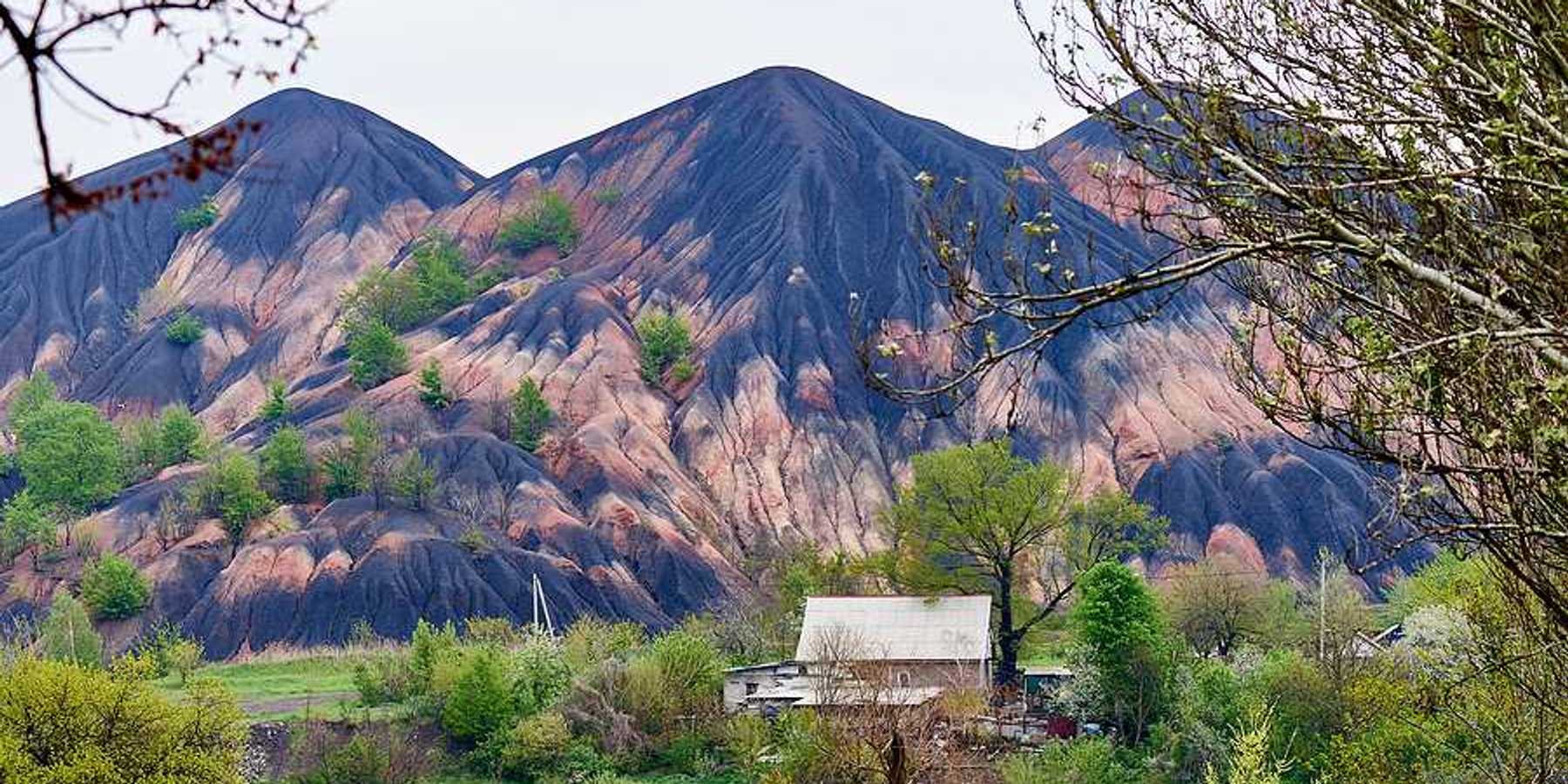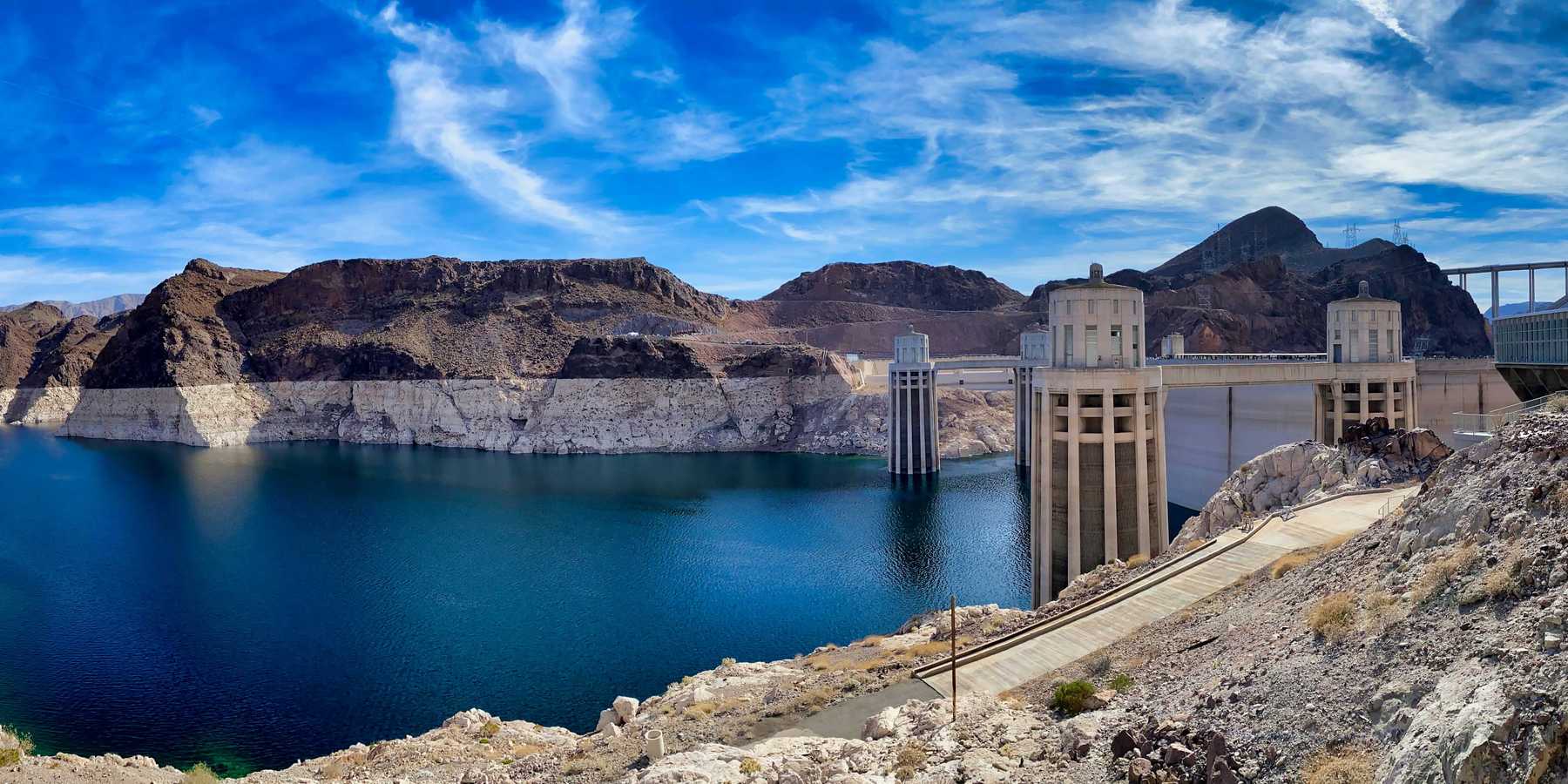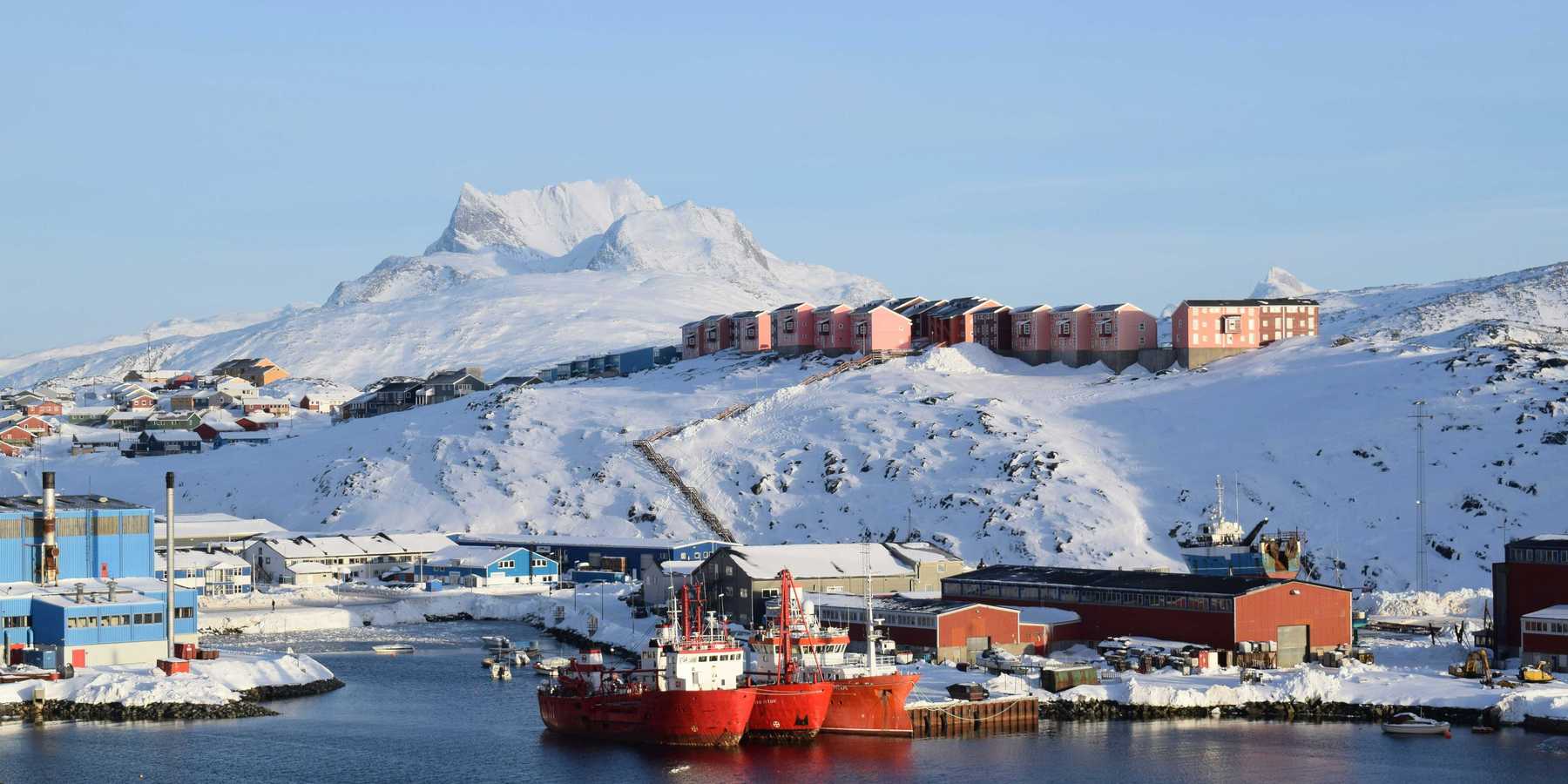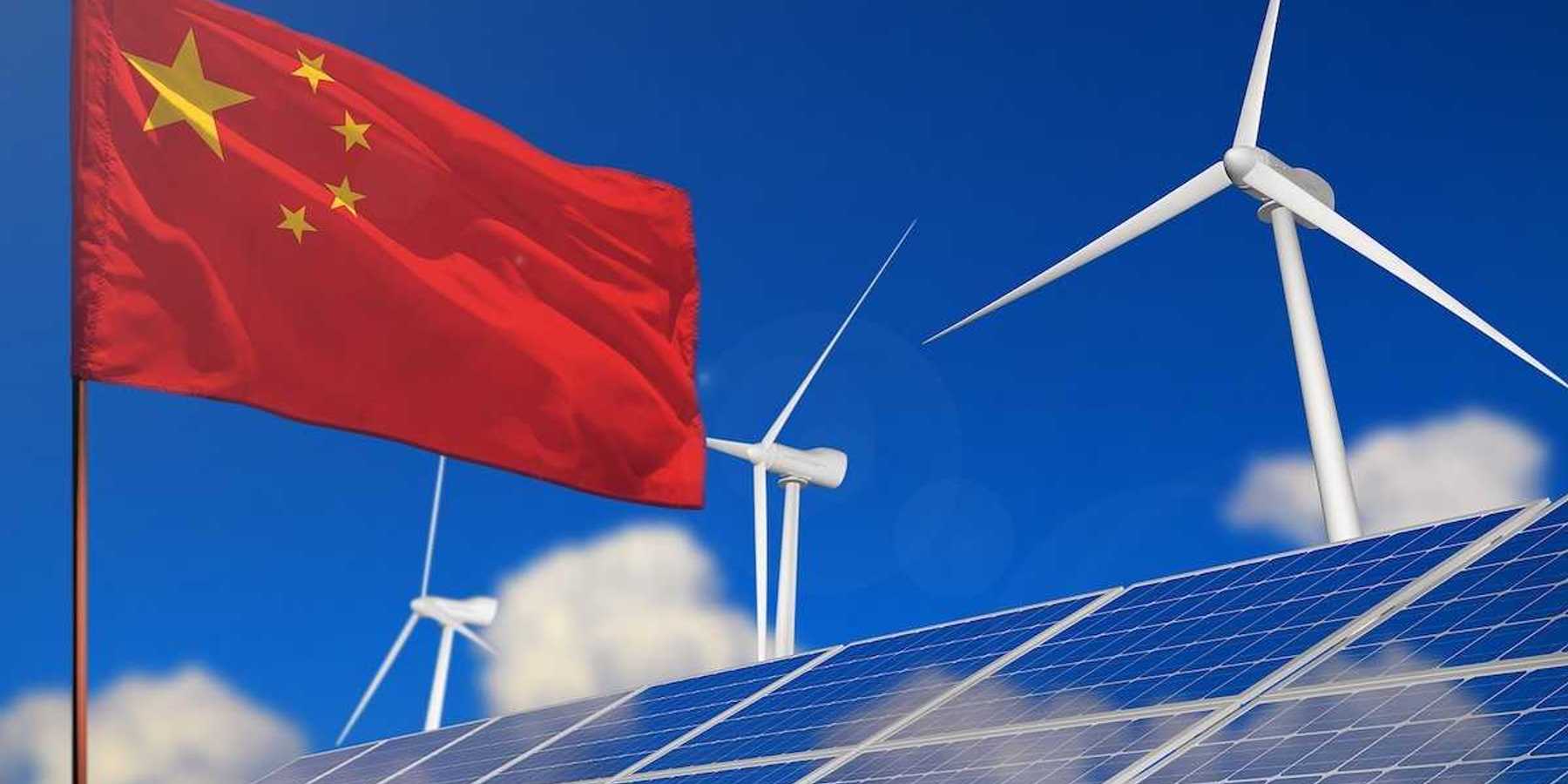Vermont moves to protect pollinators by proposing pesticide restrictions
Vermont's legislation to limit neonicotinoid pesticides, known for harming bees, progressed through the House Committee with substantial support.
Abagael Giles reports for Vermont Public.
In short:
- Vermont's House Committee on Agriculture passed a bill to phase out neonicotinoid pesticides by 2029, with most spraying ending by 2025.
- Exemptions exist for fruit growers, with restrictions during flowering periods, aligning with similar bans in Ontario, Quebec, and the EU.
- While some farmers express concern, proponents argue the ban is crucial for the survival of pollinators and the beekeeping industry in Vermont.
Key quote:
"We have some of the best honey in the world right here in Vermont, and that is a gift. We must honor that and cherish it and our critically important insect population."
— Bianca Braman, vice president of the Vermont Beekeepers Association
Why this matters:
The impact of pollinator loss extends beyond agriculture. Pollinators support the growth of flowers, bushes, and trees that provide habitats for other wildlife, contributing to a healthy and balanced ecosystem.
Environmental advocates say numerous studies show neonicotinoids are not necessary and are so detrimental to the environment that they should be banned.

